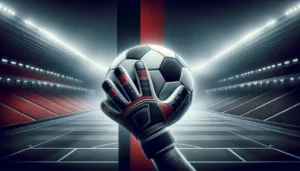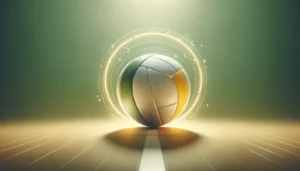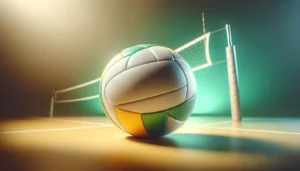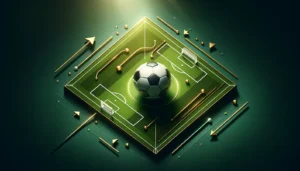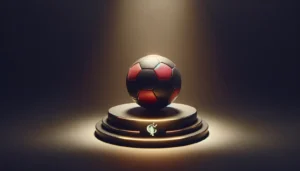That feeling when you see the blue and red lights in the rearview mirror...
We've all been there. That split second where your heart stops and you think: 1 Really? NOW? ha
But what if I told you that there is a way to avoid those fines before they happen?
See also
- The story behind your first nickname
- Guide to Apps to See at Night
- Digital Crochet Guide
- Zumba Digital: Your Class at Home
- Find your lost cell phone fast
The problem we all face
Speed tickets aren't just annoying. Are expensive. Son stressful. And worst of all: many times they are completely avoidable.
Think about it:
- An average fine can cost you between €100 and €600
- Points lost on your license
- The increase in your car insurance
- That bad taste in your mouth that lasts for weeks
Wouldn't it be great to have a digital guardian angel let me tell you exactly where the radars are?
The silent revolution in your pocket
Technology has changed the way we drive. We no longer depend only on our memory or those yellow signs that (let's be honest) sometimes appear too late.
The radar detector apps they have revolutionized our driving experience.
But here's the detail: not all apps are the same.
What makes a good radar detector special?
Real-time accuracy
- Exact locations updated by millions of users
- Alerts that come at the perfect time
- Constantly verified information
Ease of use
- Intuitive interface that does not distract
- Voice commands to keep your hands on the wheel
- Seamless integration with your driving routine
Active community
- Instant reports from other drivers
- Cross validation of information
- Collaborative network that never sleeps
The main players in the market
Google Maps: The reliable giant
Google Maps needs no introduction. What you may not have known is that it has become a powerful tool for detecting radars.
What it does well:
- Seamless integration with Android
- Discreet but effective alerts
- Data backed by Google infrastructure
Its weak point:
- Less specialized than dedicated alternatives
- Limited community reports
- Interface designed for general navigation
Waze: The social revolution
Waze changed the game completely. It's not just a browser; is a community of drivers helping each other.
Its magic:
- Instant reports from real users
- Algorithm that learns from traffic patterns
- Gamification that encourages participation
Considerations:
- Consumes more battery
- It can be overwhelming for some users
- Dependent on local community activity
Radarbot: The pure specialist
If Google Maps is the generalist and Waze is the social one, Radarbot is the expert.
Your laser focus:
- Database specialized in radars
- Customizable alerts by radar type
- Works offline when there is no connection
What you should know:
- Simpler and more direct interface
- Lower user base than the giants
- Less frequent updates in some regions
Which one to choose? The million dollar question
The answer is not simple. It depends on your driving style and your priorities.
If you are the occasional driver
Google Maps it could be perfect. It's already there, it works well, and you don't need to learn anything new.
If you enjoy the community
Waze you will love it. It's like having thousands of co-pilots alerting you to everything that happens on the road.
If you want specialization
Radarbot it's your app. No distractions, just radars, just results.
Why not combine?
Here is the secret that few know: you don't have to choose just one.
Many expert drivers use:
- Google Maps for main navigation
- Waze for high traffic routes
- Radarbot as a specialized backup
Beyond avoiding fines
Radar detectors have evolved. It's not just about anymore avoid sanctions.
It's about:
Improved security
- Constant awareness of your speed
- Better attention to the environment
- More defensive driving
Economic savings
- Fewer fines = more money in your pocket
- Reduction in insurance premiums
- Less wear and tear on the vehicle due to sudden braking
Mental tranquility
- Travel without constant stress
- Trust in unknown routes
- More enjoyment along the way
The human factor that makes the difference
What really makes these apps special is not just the technology. It is the human community behind them.
Every radar report is one person helping another. Location update is an act of solidarity. Every alert received is caring for a stranger.
In an increasingly digital world, these apps remind us that technology works better when we connect instead of isolating us.
Golden tips to maximize your experience
Smart configuration
- Customize alert distances
- Adjust the volume according to your environment
- Activate only the notifications you need
Responsible use
- Never manipulate the app while driving
- Use voice commands whenever possible
- Keep your eyes on the road, not the screen
Community collaboration
- Report new radars you find
- Confirm or deny existing reports
- Be part of the solution, not just a beneficiary
The future is already here
Radar detectors are evolving into something bigger: intelligent driving ecosystems.
Artificial intelligence that predicts patterns. Integration with autonomous vehicles. Predictive analysis of traffic behavior.
But for now, the important thing is this: you have the power to transform your driving experience today.
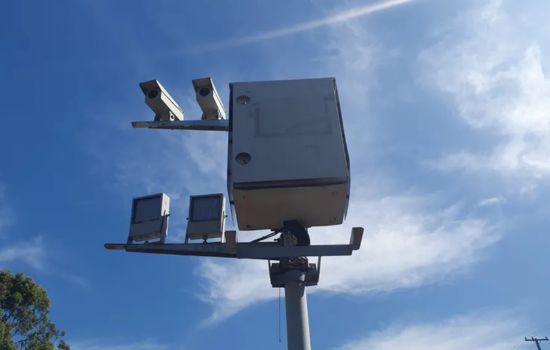
Conclusion
The question is not whether you should use a radar detector. The question is: how much longer are you going to drive without one?
Every day that passes without this technology is a missed opportunity to:
- Save money on fines
- Reduce stress behind the wheel
- Be part of a community that cares for each other
Google Maps, Waze and Radarbot they are there, waiting for you. Each one with their personality, each one with their strengths.
What matters is not which one you choose, but what take action.
Download one today. Set it up tonight. And tomorrow, when you hit the road, do it with the confidence of someone who has the right information at the right time.
Because at the end of the day, it's not just about avoiding fines.
It's about drive smart. Try to arrive safely. It's about enjoy the trip.
Your future self will thank you.
Ready to revolutionize the way you drive?

